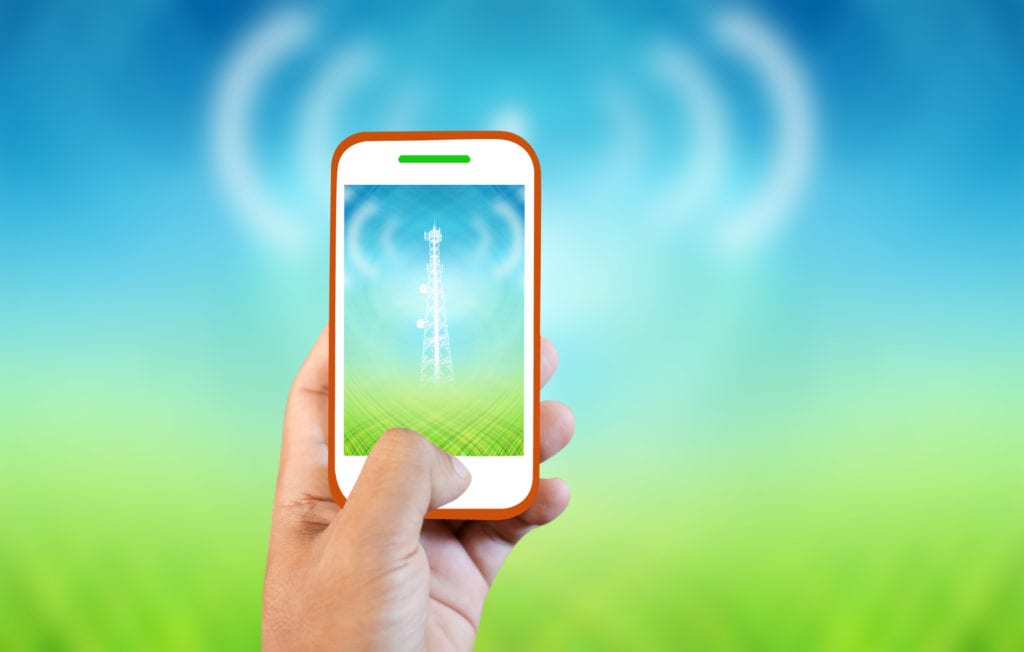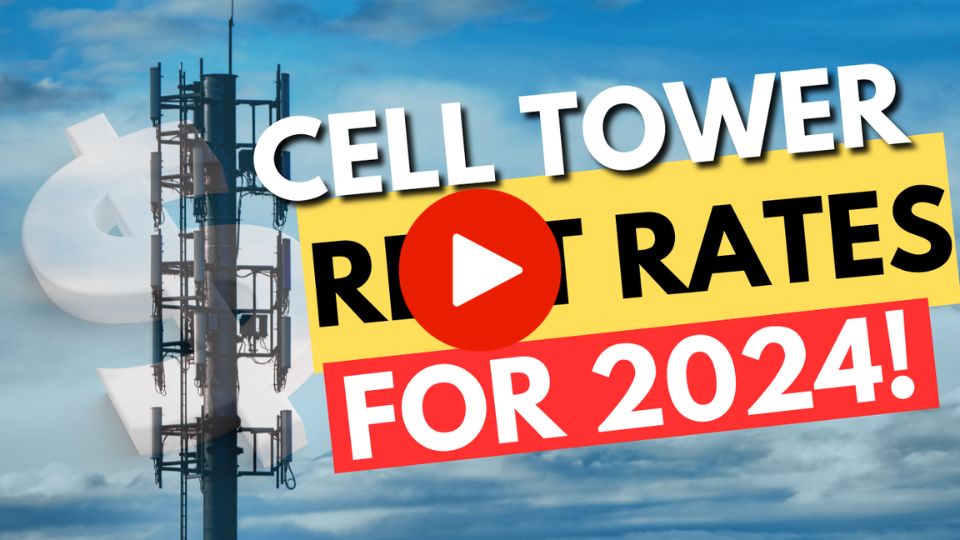
Did you know there are approximately 274 million cell phone users in the United States today? Most likely you have a cell phone in your pocket or purse right now too. There’s also a good chance that you have WiFi devices connected in your home, whether they are laptops, tablets or a home assistant such as Alexa.
The Importance of Cell Towers
In order for these devices to continue running smoothly, cell towers are placed on private and public property to support the wireless infrastructure. You’ve probably seen a cell tower or two passing through the outskirts of town, or heard about them being placed in bell towers of churches. Many cell towers are on rooftops or disguised to blend in with their environment, and while these towers may not be noticeable, they are essential to the cell service we have come to depend on in our daily lives.
An Increase In Cell Tower Numbers
Over the next few years, the number of cell towers will increase significantly as thousands of small cells will be required to make 5G a reality. That’s because 5G travels in shorter distances and is unable to travel through objects.
Small cells enhance the frequencies beaming through the air now, and allow networks to expand to new frequencies that don’t travel as far. Thus, a lot more cell sites are needed to help carry the demand and technology of 5G, and they will need to be placed close to where people and their devices are being operated.
Pros & Cons
As a tech-dependent country, it’s important to weigh both the pros and cons of adding cell towers. Small cells are smaller and less obtrusive than traditional cell tower structures, but that doesn’t mean the installations have all gone smoothly or that citizens are fully on board for how close these new sites are to people physically. The public concern over radiation waves closer to the ground remains, though there are no large scale studies done (at present) with relationships to cell towers and cancer.
A more important issue to consider is at what cost to citizens or a city are these new small cells being pushed out by phone companies and cell tower providers? Until recently, cell towers have been considered a source of income for property owners, churches, businesses, or municipalities.
If the city or property owners accept these new sites without proper negotiation, who will be responsible for the cost of upkeep and maintenance of these towers? Is it okay for cell phone companies to benefit the most while property owners and public entities are being underpaid? Without proper representation, these contracts will absolutely protect the interests of the communications’ companies (like AT&T, Verizon, T-Mobile) above the land and property owners they pay rent to.
As the push for 5G intensifies, more and more of these questions will be answered. If you are currently being approached by a cell tower company to negotiate, sell or add a cell tower lease – contact us today for a FREE consultation to identify the maximum potential value of your site.



